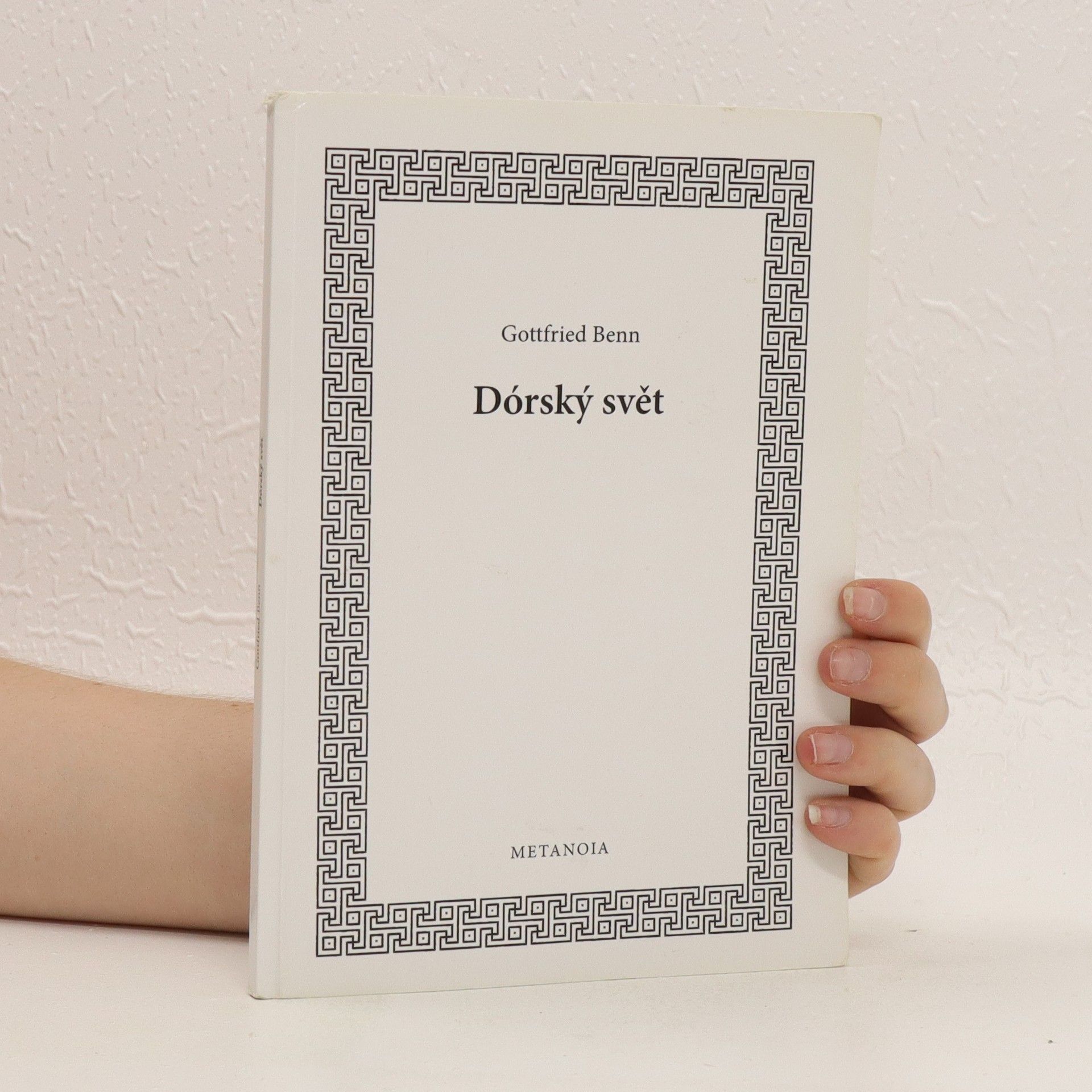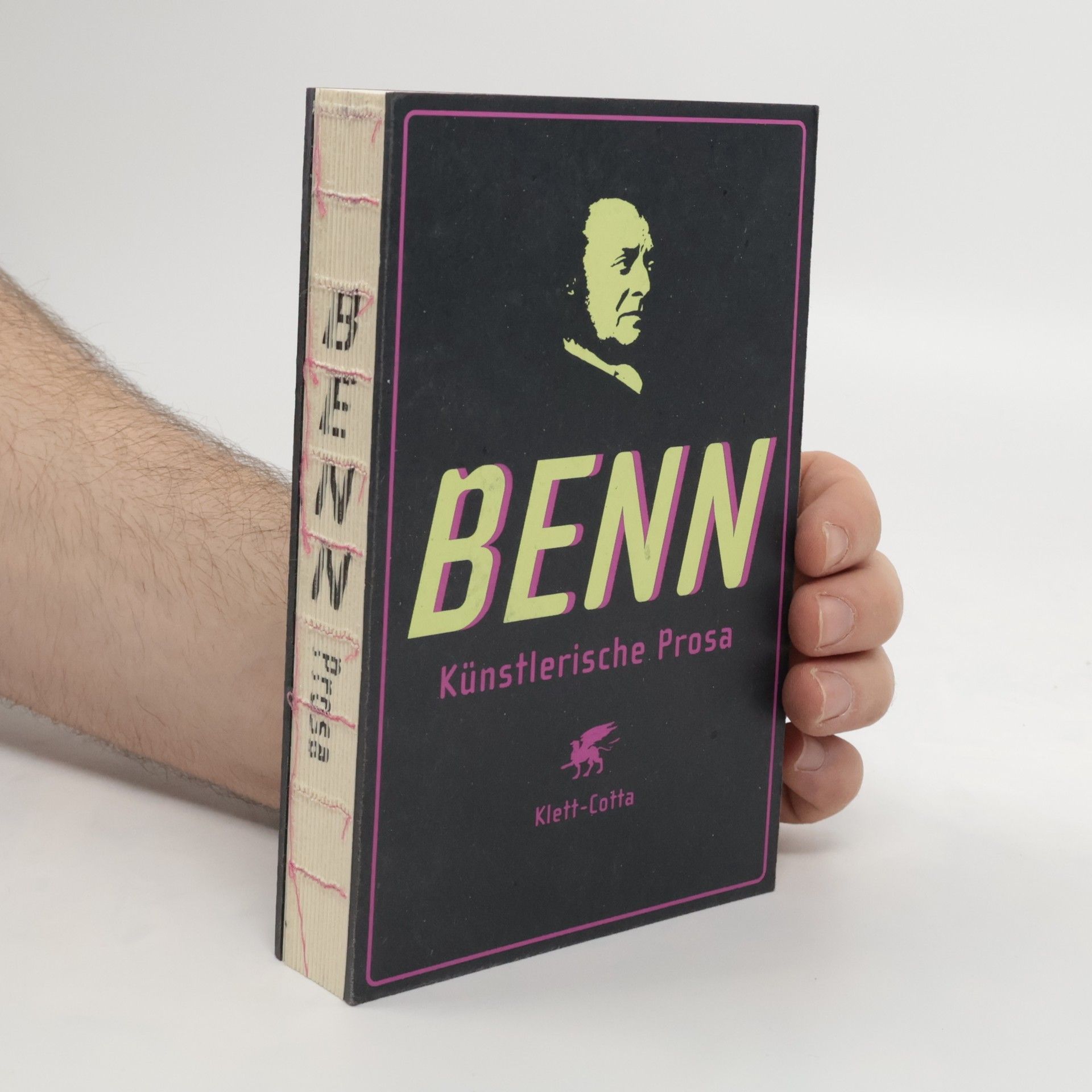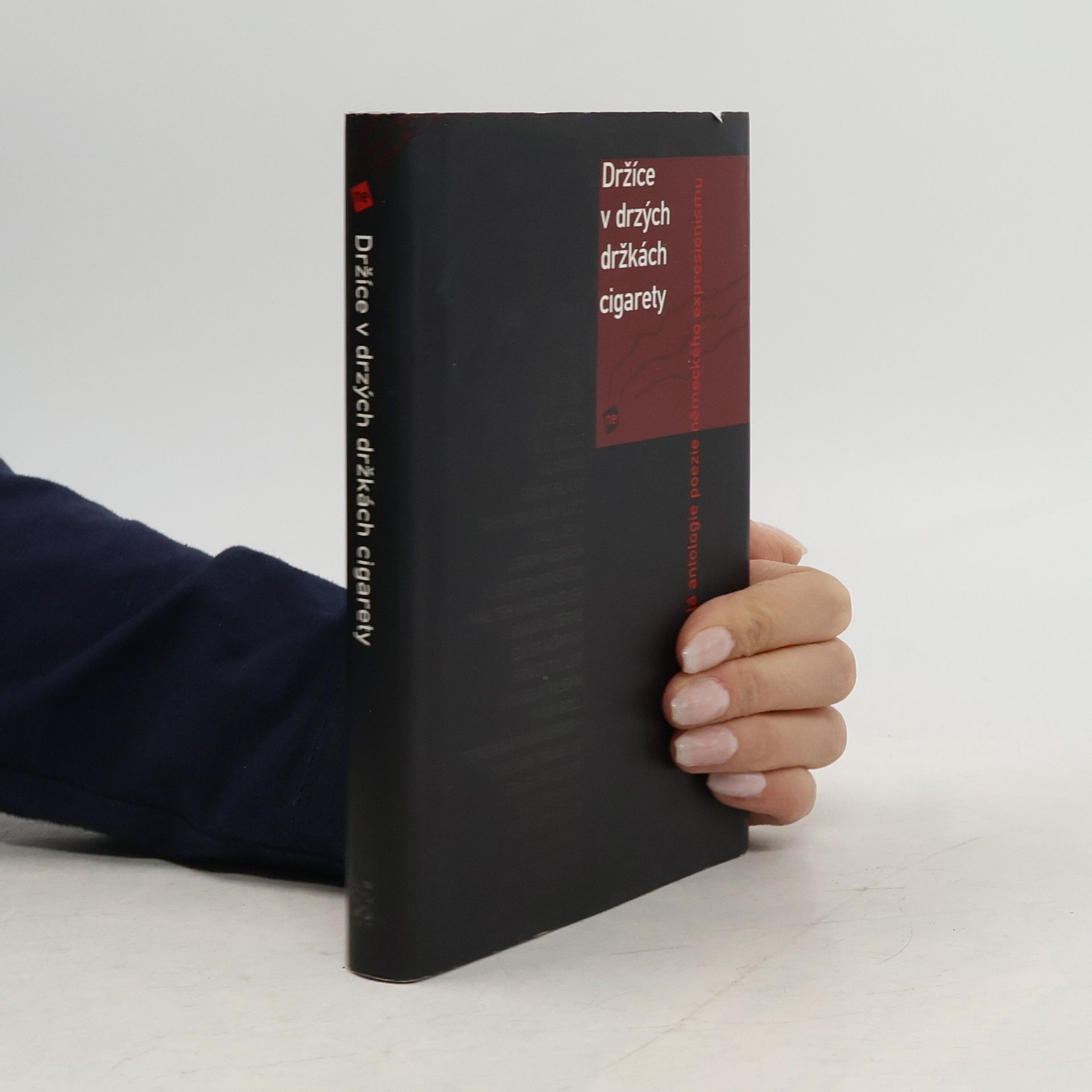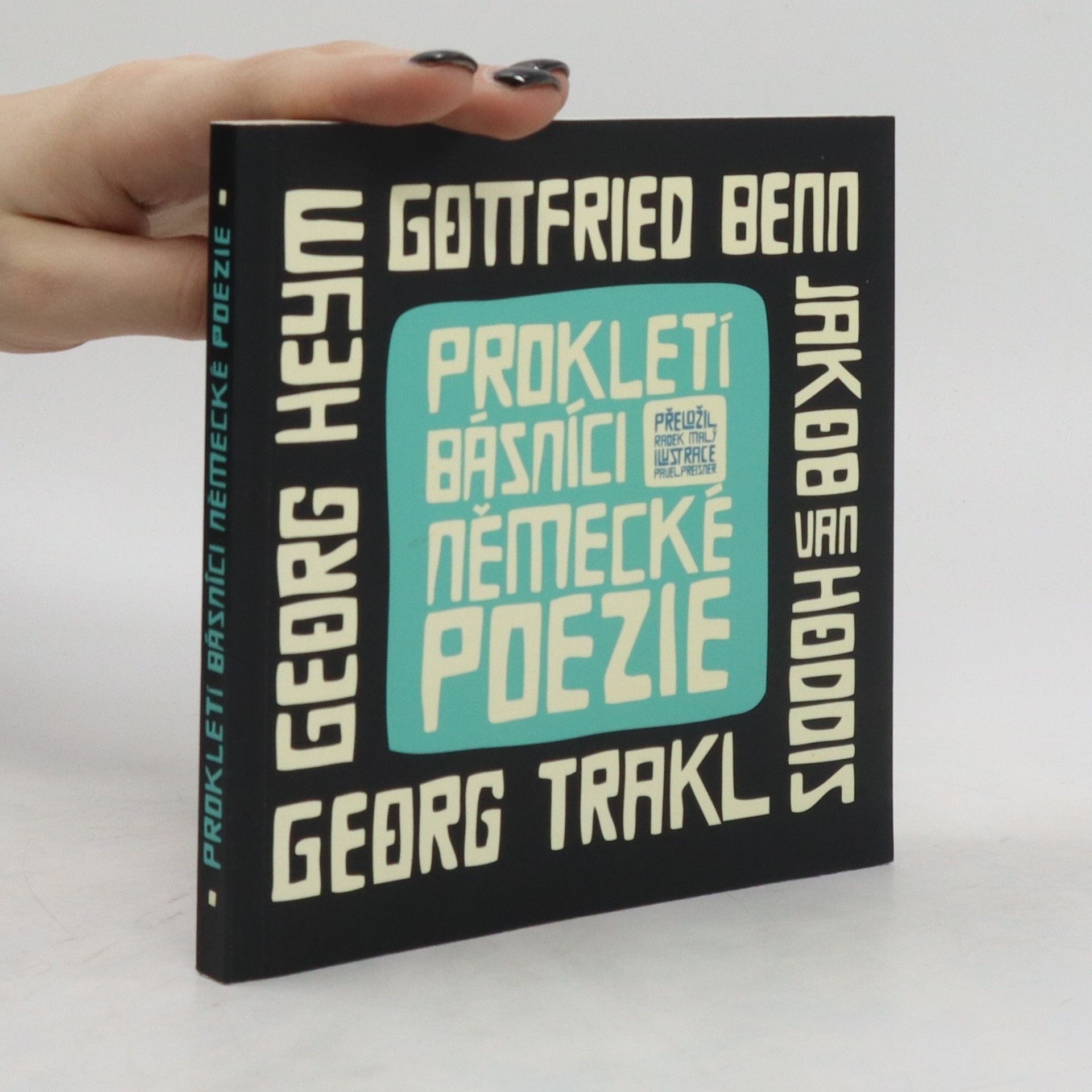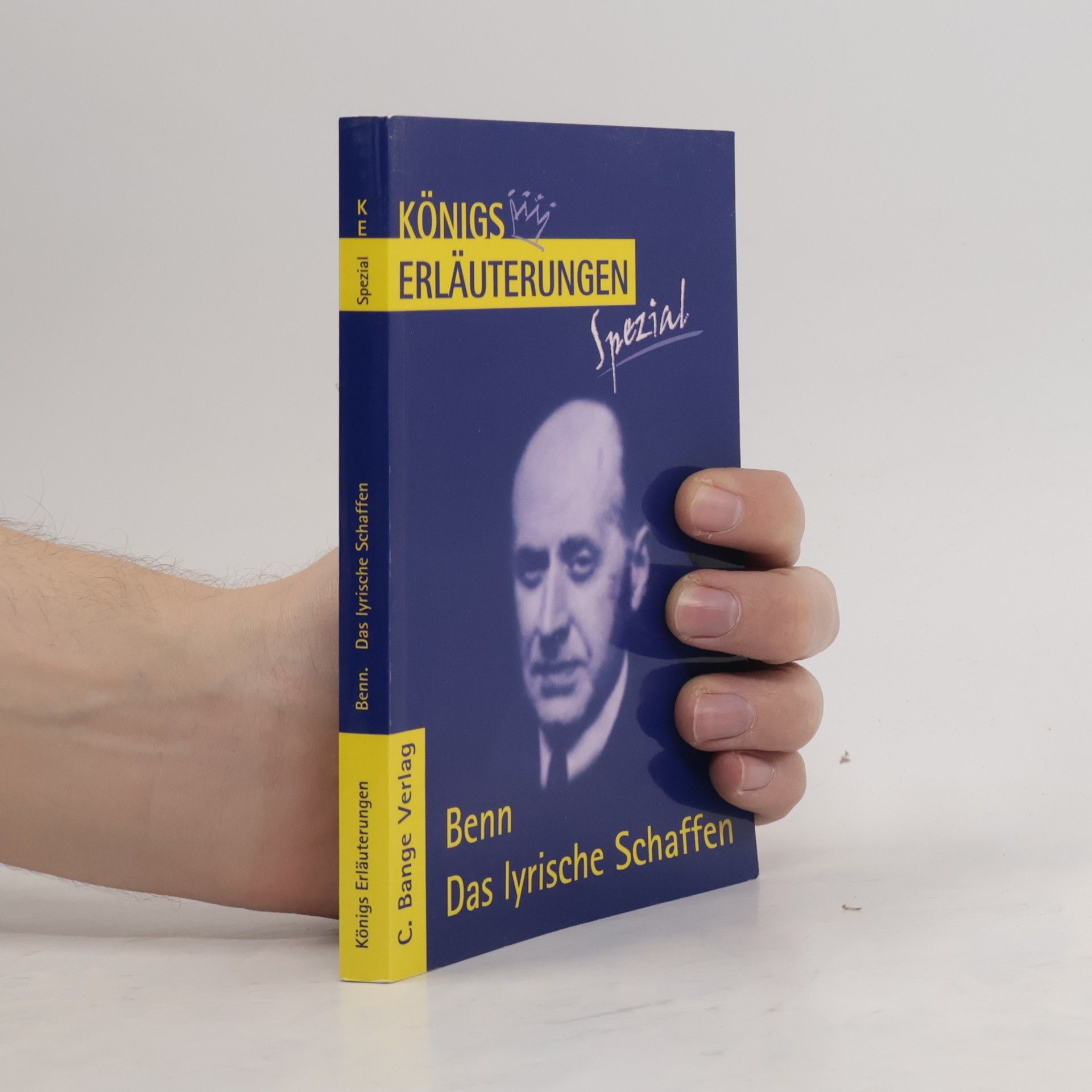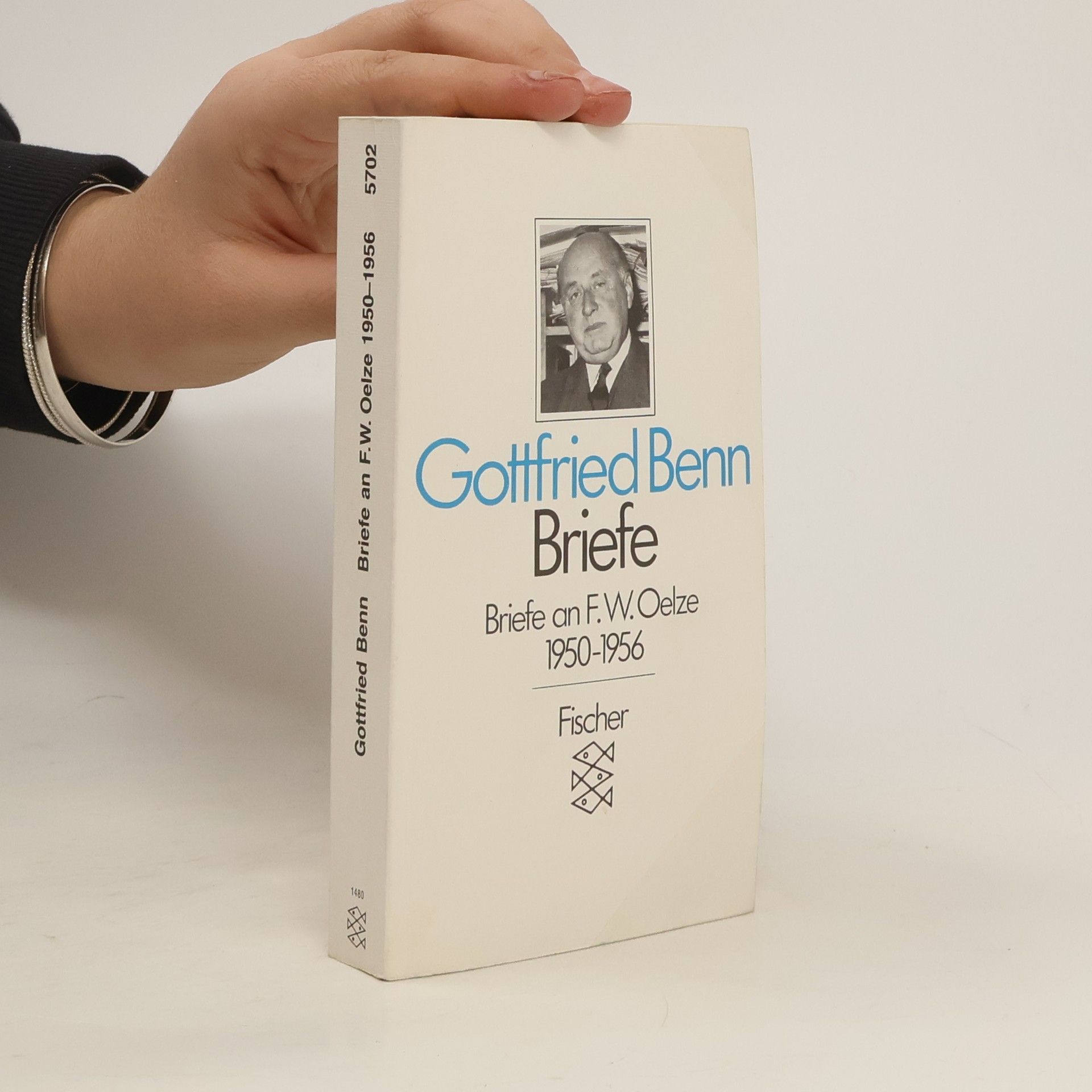Prokletí básníci německé poezie
- 144pagine
- 6 ore di lettura
Antologie novým způsobem představuje ranou poezii velikánů moderního německojazyčného básnictví Georga Heyma, Jakoba van Hoddise, Gottfrieda Benna a Georga Trakla. Tito čtyři autoři, jejichž poetika se formovala, měnila či předčasně uzavírala kolem roku 1912, vypjatého letopočtu německé literatury, bývají řazeni k ranému expresionismu, avšak výrazně tento směr intenzitou své tvorby přesahují. Byť se jim v češtině již dostalo samostatných knižních výborů, nekomunikovaly jejich texty doposud na stránkách jedné knihy. Antologie přináší také verše do češtiny převedené poprvé. Básně přeložil a doslovem opatřil básník Radek Malý a výtvarně je doprovodil Pavel Preisner.

